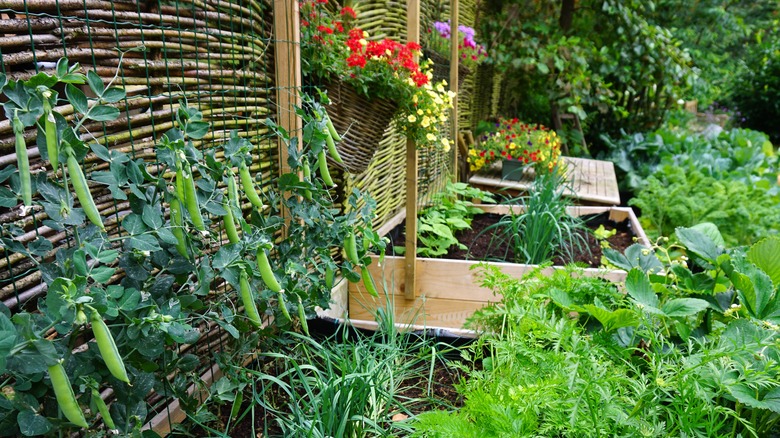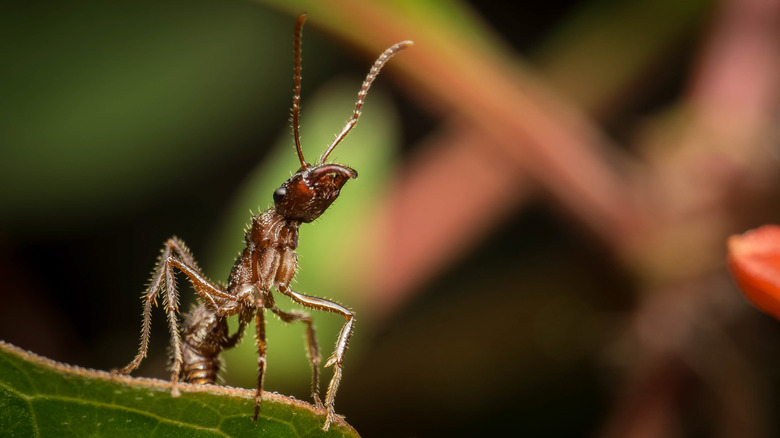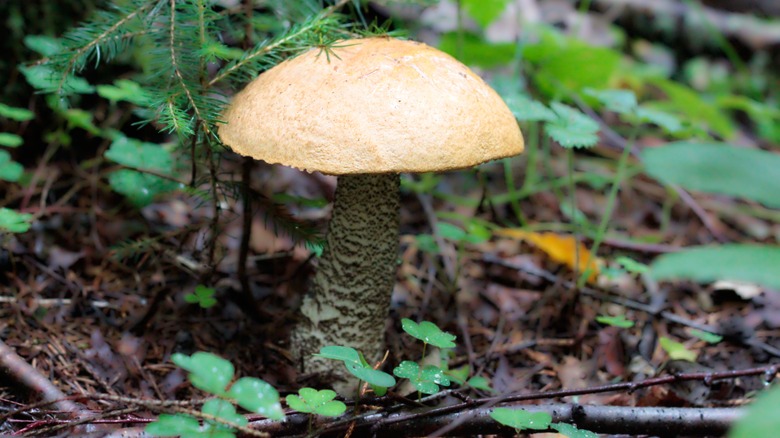How A Sprinkle Of Cinnamon Can Make Your Garden Thrive
Cinnamon isn't just a star in the kitchen — the spice can do wonders in nurturing your garden, making it flourish in ways you might not have imagined. From its role in natural pest management to its utility as a rooting aid, cinnamon brings a unique edge to everyday gardening practices. Its environmentally-friendly nature offers a great alternative to the harsh synthetic chemicals found in many gardening products. This pantry staple also shines as a potent fungicide, assisting in the battle against an array of plant diseases and contributing to the overall health and vitality of your garden.
Cinnamon also serves as an effective aid in treating plant wounds. It acts as a natural antiseptic, shielding your plants from potential bacterial and fungal infections, which is critical in ensuring their long-term survival and growth. Here's how you can use the spice to foster a thriving, vibrant ecosystem in your home garden.
Natural pest control and rooting aid
In natural pest management, cinnamon emerges as an effective ally. Its unique smell is a deterrent for many garden pests, particularly ants, creating an eco-friendly line of defense. Sprinkling a small amount of cinnamon on the soil or around plants can discourage ants and other insects from crossing the line, thus protecting your plants from pest-related damage. It can also help control gnats for indoor plants, contributing to healthier, pest-free foliage. Other spices, like black pepper, can also provide similar protection.
Beyond pest control, cinnamon shows promise as a rooting aid, an essential aspect of plant propagation. When plant cuttings are prepared for rooting, they are susceptible to various fungal and bacterial infections. Dusting these cuttings with cinnamon can be a protective barrier, thanks to the spice's natural antifungal and antibacterial properties. Additionally, some gardeners dip the cut ends of cuttings in cinnamon before planting to encourage faster root development, negating the need for synthetic rooting compounds.
Treatment for fungicide and plant wounds
Cinnamon's antifungal properties make it an excellent organic solution for managing various fungal infections that can plague your garden. One prominent use of cinnamon as a fungicide prevents the "damping off" disease, a common fungal affliction that attacks young seedlings. A light dusting of cinnamon on the soil's surface around the seedlings creates a protective barrier, helping to stave off this and other similar diseases. In addition, cinnamon can be used to combat the growth of unwanted mushrooms in your garden. Simply sprinkling the spice on mushrooms can help eliminate them without harming your plants.
Cinnamon can also serve as an excellent aid for treating plant wounds. It can be gently applied to the affected area in the event of accidental cuts or wounds on your plants. It acts as a natural antiseptic, reducing the risk of infection by harmful bacteria and fungi and promoting healthier plant recovery. By safeguarding your plants from potential infections and nurturing their recovery, cinnamon helps maintain the vitality of your garden, fostering healthier growth and longevity of your plants.


